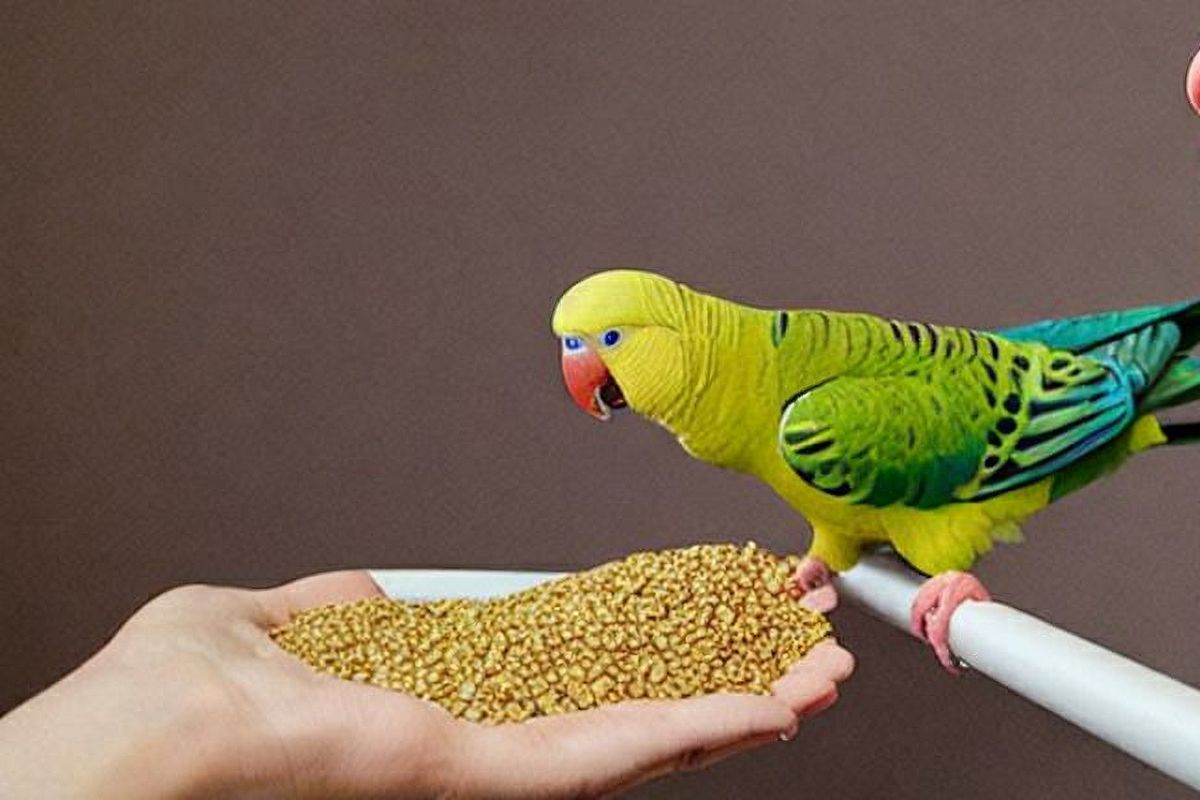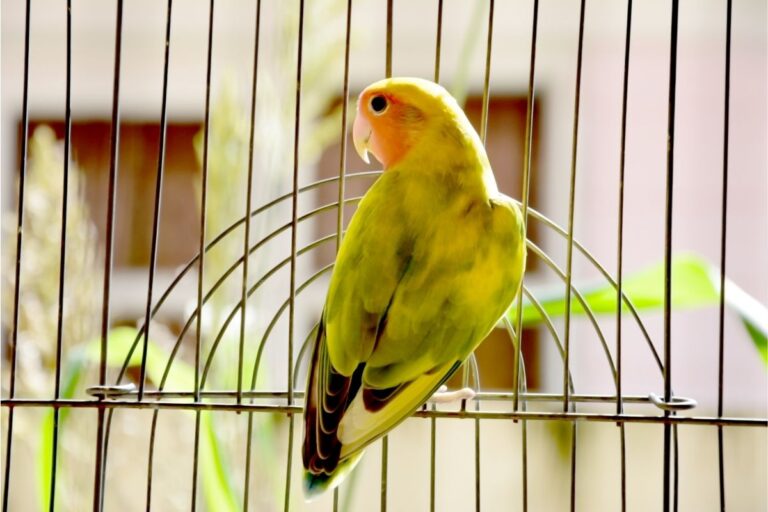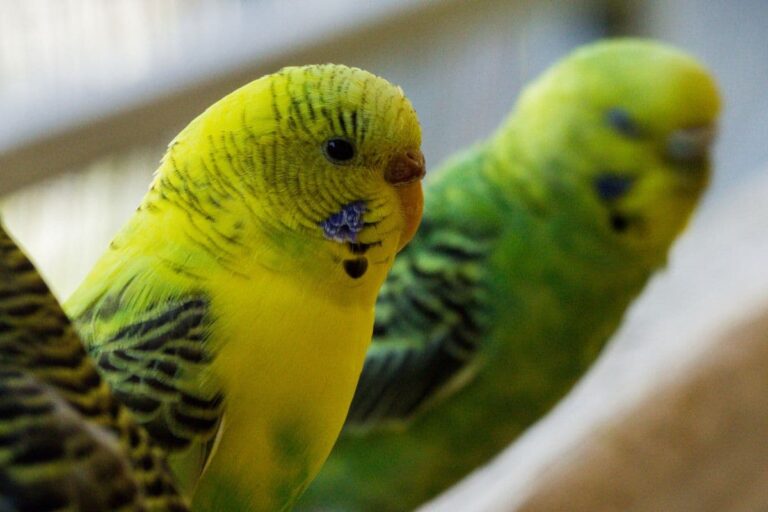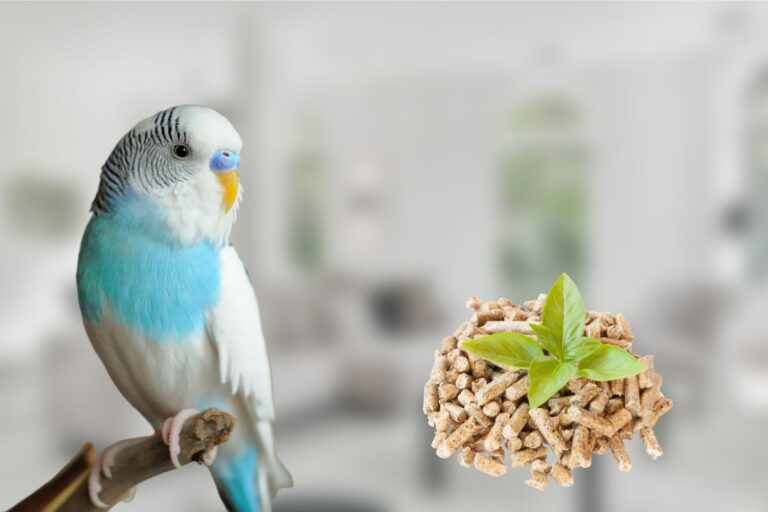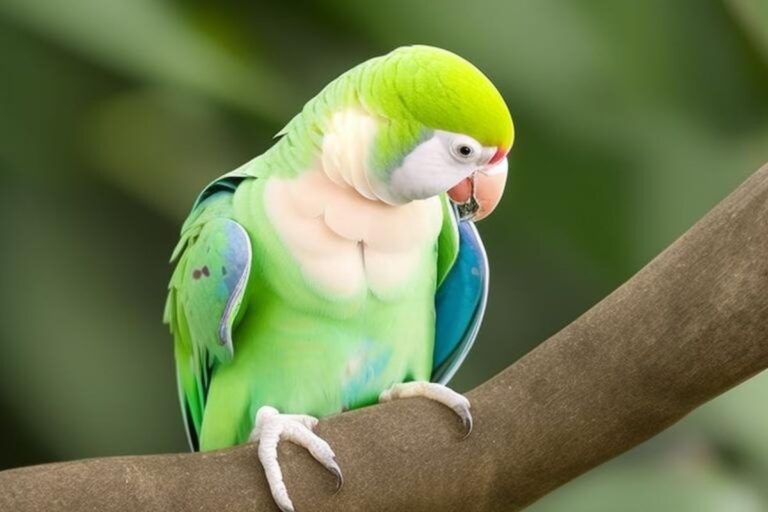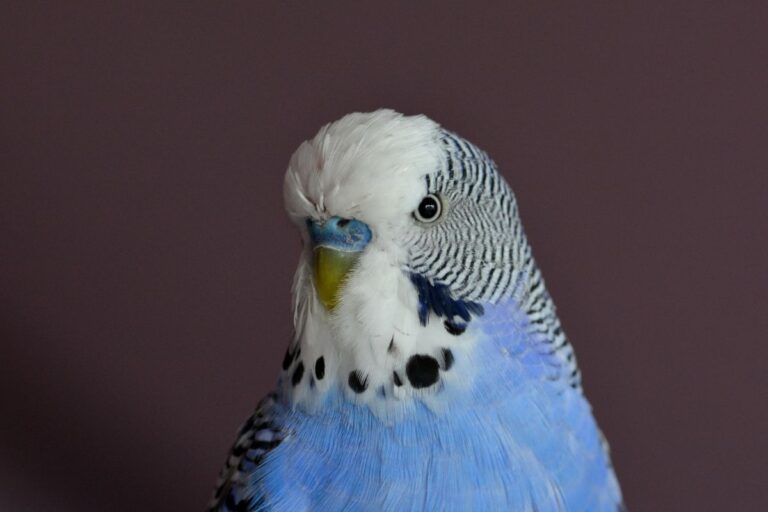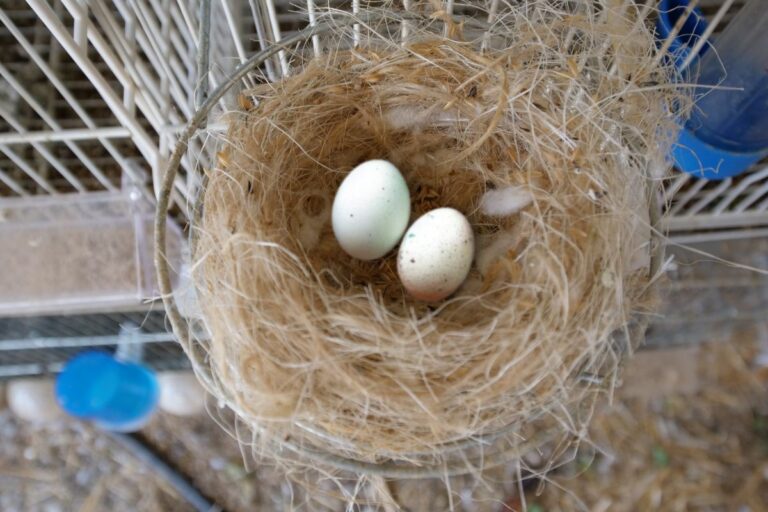What Kind of Treats Do Parakeets Like
Disclosure: The opinions expressed in this post are my own. This post may also contain affiliate links, which means that I will receive a commission if you decide to purchase through my links, at no additional cost to you. As an Amazon Associate, I earn from qualifying purchases.
As a parakeet owner, we certainly do love our parakeets to bits. And every now and then we wonder what kind of treats do they actually like. Well, the answer many surprise you (or maybe not). Parakeets are actually pretty health conscious and prefer healthy snacks over sugary treats. However, that doesn’t mean they don’t enjoy a little something sweet every now and then. Here are a few of our favorite parakeet-friendly treats that are sure to delight your feathered friends.
What Treats Can I Give My Parakeet?
There are a lot of different opinions on what kind of food parakeets should eat. Many people believe that parakeets should only eat pellets, while others believe that they should have a diet that consists of both pellets and fresh vegetables. What’s actually important is to make sure that your parakeet has a balanced diet and gets the nutrition it needs to stay healthy.
Many commercial foods designed specifically for parakeets are available, and these are generally a good diet base. In addition, you can supplement your pet’s diet with healthy human foods too.
Here are some ideas for foods that you can feed your parakeet.
1. Fruits
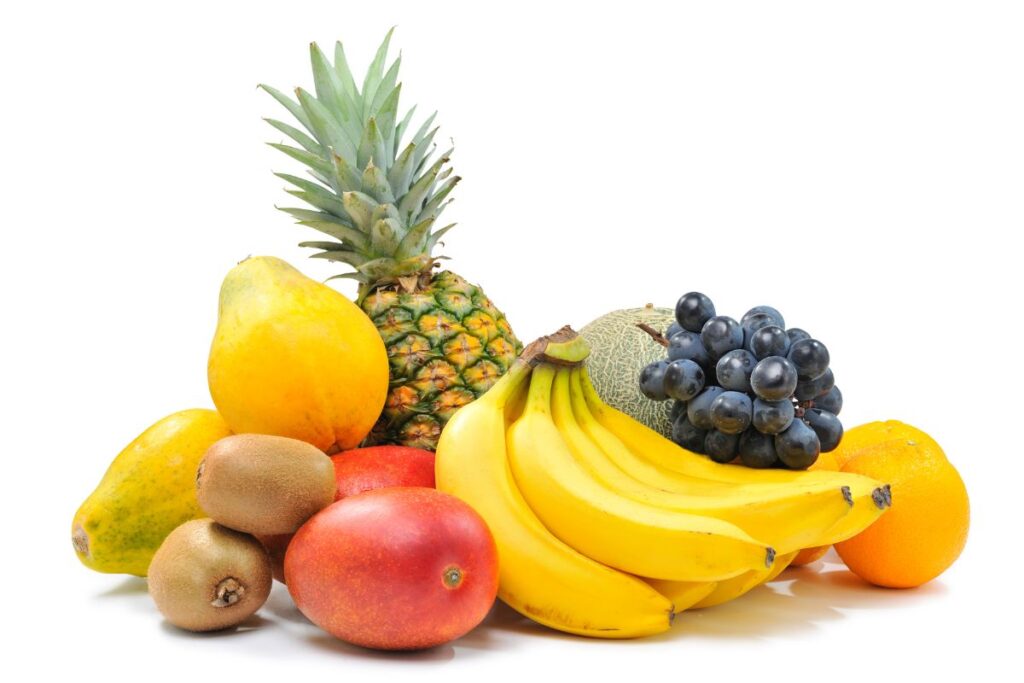
Give your parakeet a real treat by offering it a small piece of fresh fruit. You can offer it anything from a slice of apple to a small wedge of melon, as long as it’s clean and preferably pesticide-free. Just remember to remove the pits and seeds first, as some of them can be toxic to birds. You can also give your parakeet dried fruits, such as raisins, apricots or currants, but do limit its intake to a few pieces per week.
2. Vegetables
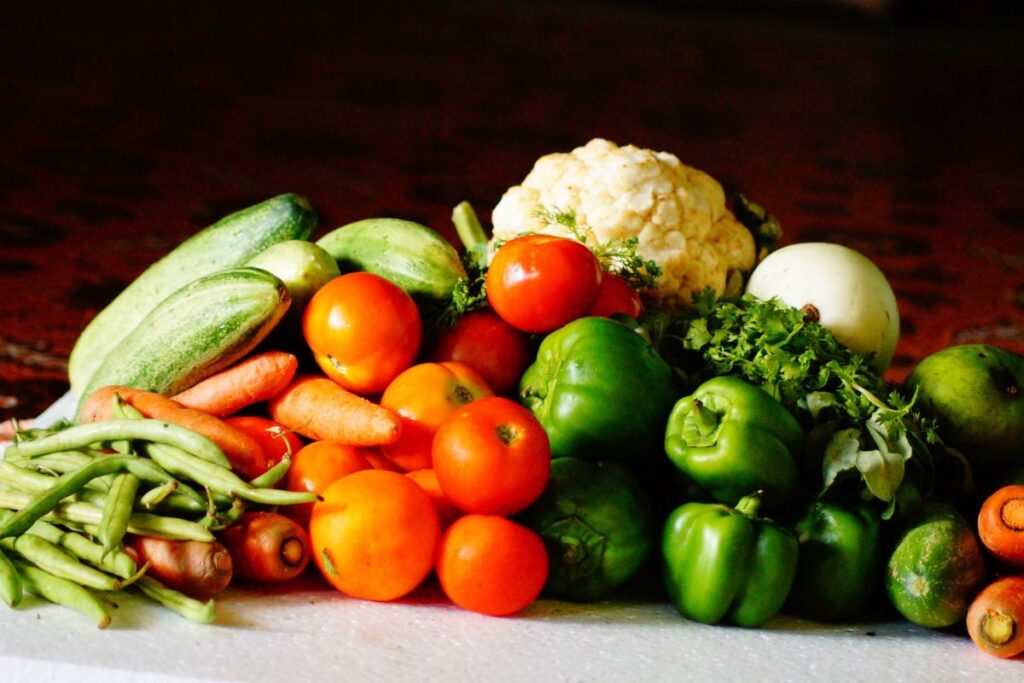
Vegetables can supplement your parakeet’s diet and provide many essential vitamins and minerals. While any type of fresh vegetable is appropriate, some favorites include broccoli, carrots, green beans, peas, and sweet potatoes. These can be served cooked or raw, but should be cut into small pieces to prevent choking. You can also offer it frozen or canned veggies — just make sure they’re free of added salt, sugar and other preservatives.
3. Nuts
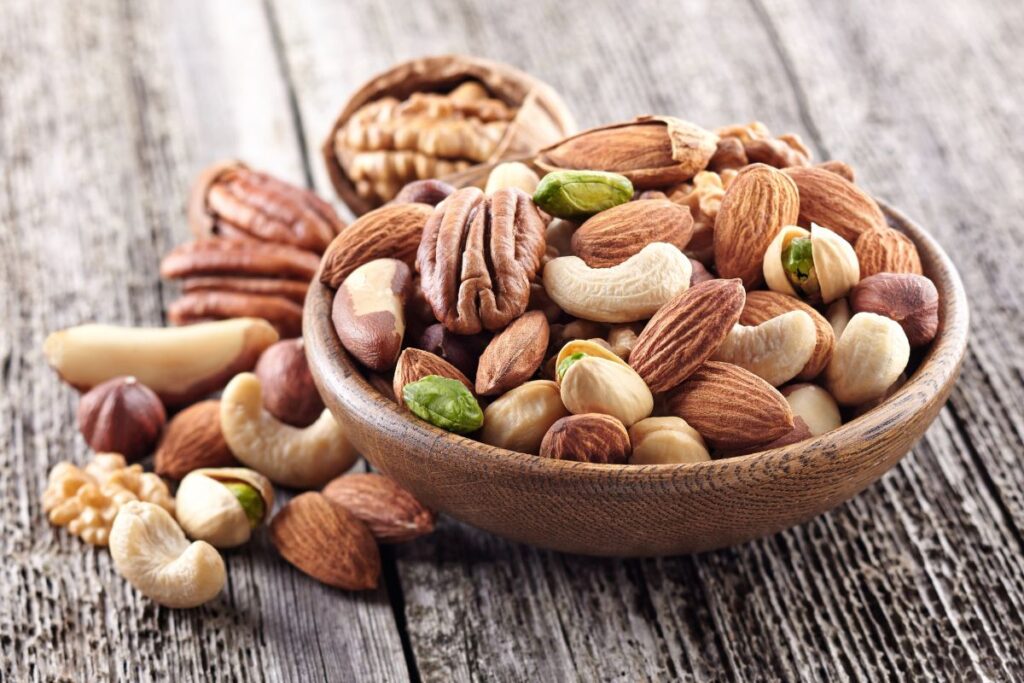
Nuts are a nutritious and tasty treat for parakeets. They are a source for essential fatty acids such as linolenic acid, linoleic acid and arachidonic acid. They form an important role in producing and rebuilding new living cells. Walnuts, almonds, sunflower seeds, and pistachios are all good choices. You can give your bird a whole nut or two, or chop them up into smaller pieces. It’ll be good to remove the shells before giving them to your parakeet, as they can be a choking hazard. Seeds and nuts are high in fat, so they should be given in moderation, and they should not be salted or seasoned.
4. Spray Millet
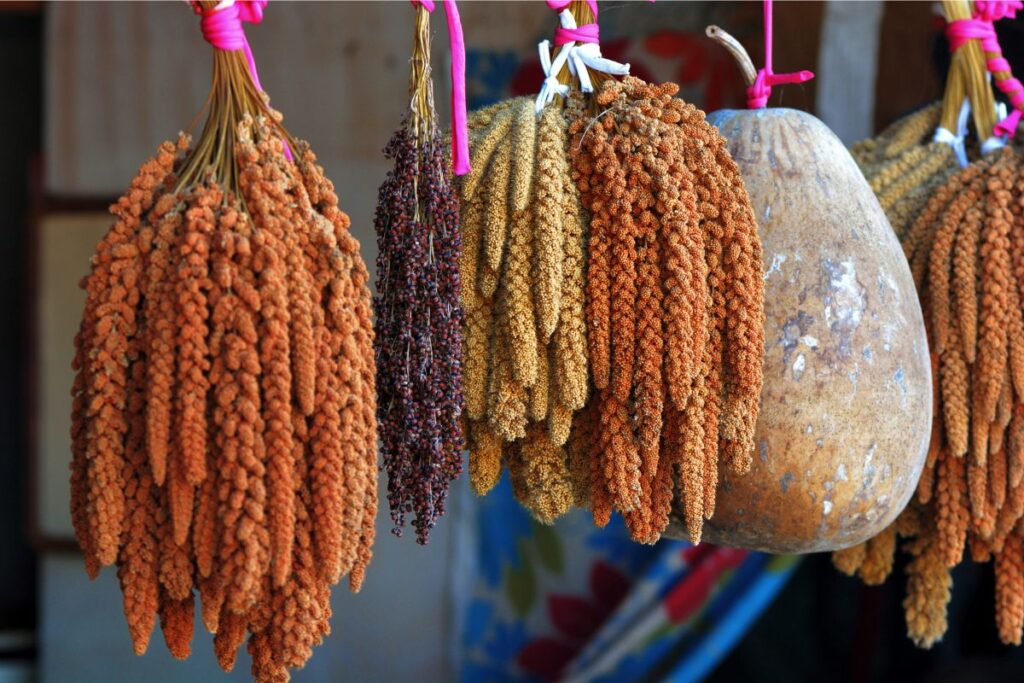
A fun and occasional treat for your parakeet is spray millet. When you buy it, it comes in long strings that you can easily break apart into smaller pieces. Your bird will love to nibble on the small pieces and it’s a good way to bond with your feathered friend.
We recommend Kaytee Spray Millet for a 100% natural millet that comes with the stem. Plus, it’s free from artificial coloring and flavoring, making them a treat that’s palatable and healthy.
5. Corn
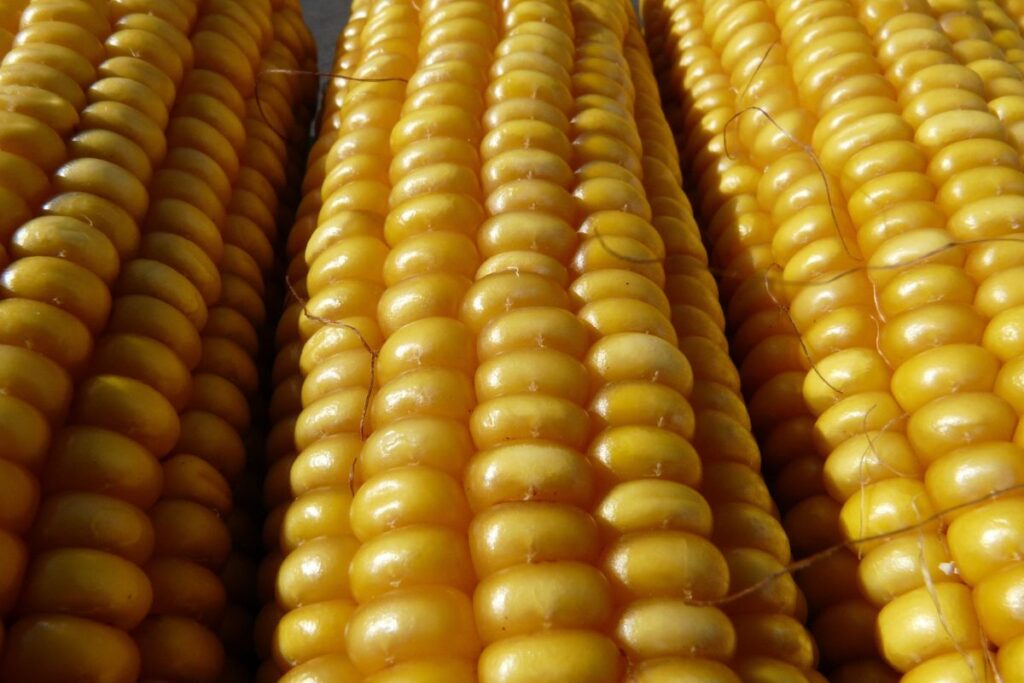
While parakeets are not known for their love of corn, many parakeet enthusiasts swear by it as a healthy and delicious treat to supplement a balanced diet. As with any treat, moderation is key – too much corn can lead to obesity and other health problems in parakeets. If you do decide to give your parakeet some corn, make sure it is cooked and cooled first – cooked corn on the cob is a choking hazard for parakeets.
If you’re like most people, you probably think of parakeets as only liking seeds and nuts. But the truth is, these little birds are actually quite adventurous eaters and enjoy a variety of different foods. Read on for more ideas!
6. Cuttlebones
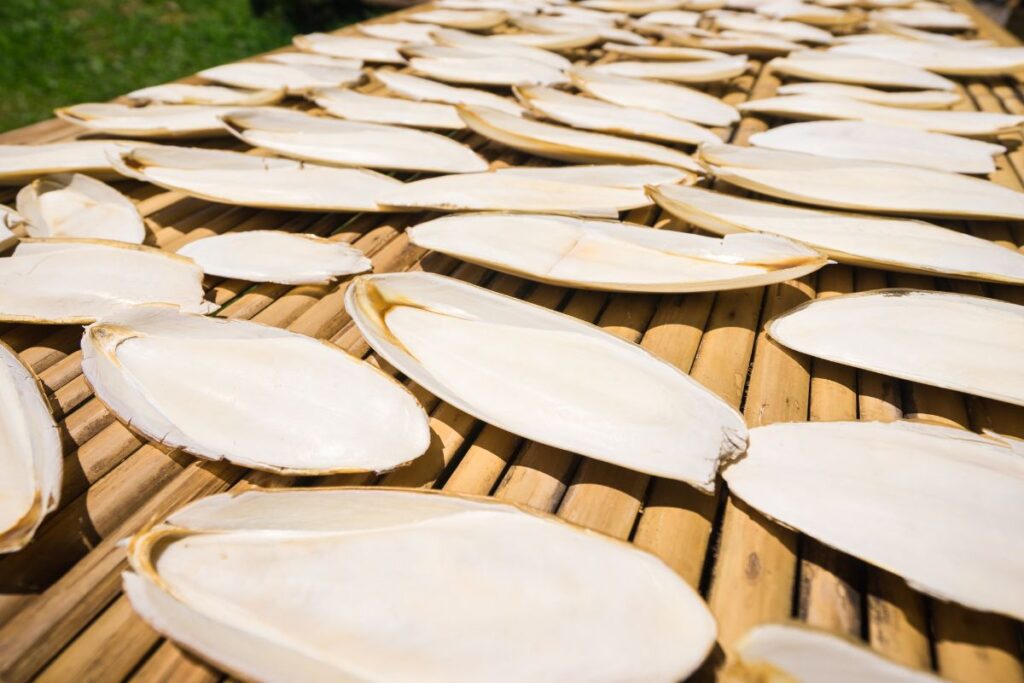
A cuttlebone is a hard, calcium-rich internal shell structure found in all members of the cephalopod class, which includes squid, cuttlefish, and octopuses.
Cuttlebones are usually oval or teardrop-shaped, and range in size from about 5 cm to 20 cm (2 to 8 inches). They are composed of calcium carbonate and other minerals such as magnesium carbonate. The main function of the cuttlebone is to serve as a calcium store for the animals. When needed, the bird can draw on this store to replenish its bloodstream calcium levels. This facilitates movements and aids in growth.
Cuttlebones are marketed as bird treats and as a source of dietary calcium for pet birds such as parakeets, cockatiels, lovebirds, budgerigars (aka “budgies”), lories, and lorikeets. The bone is ground into a powder to be used as a dietary supplement for these pets.
Birds LOVE is one of the most popular brand for natural sun-dried cuttlebones. Check out Birds LOVE Cuttlebone here for more details.
7. Legumes
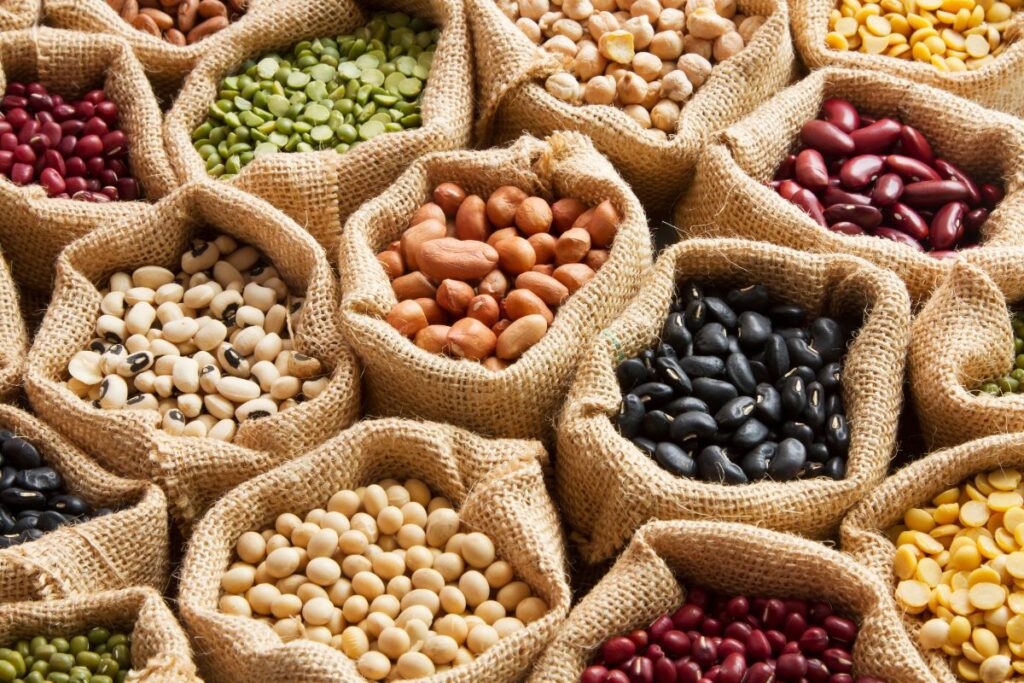
There are a variety of legumes that parakeets can eat such as:
- Black-eyed peas
- Chickpeas
- Green beans
- Kidney beans
- Lentils
- Limas
- Navy beans
- Peas
- Pinto beans
- Red kidney beans
- Soybeans
- Split peas
These legumes are rich in protein, fiber, iron, zinc, vitamin B12, folate, potassium, phosphorus, copper, manganese, and niacin, and they are a much-loved treat for parakeets!
8. Oats
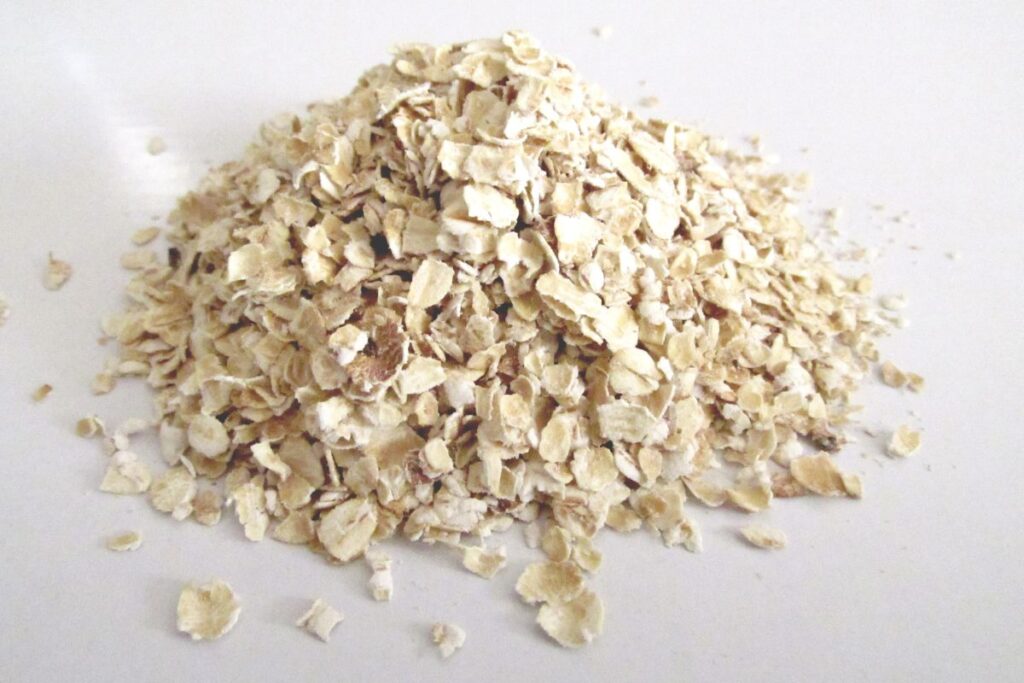
While oats are technically a type of grass, they are hearty and nutritious, making them a popular food for people and animals alike. Oats are a good source of vitamins, fiber, protein, and minerals, and they can be enjoyed cooked or raw.
For parakeets, oats can be a healthy treat that is high in nutrition and low in fat. To serve oats to your parakeet, simply cook them according to the package directions (usually 1/2 cup of oats to 1 cup of water). Once they are cooked, let them cool slightly so they are not too hot for your bird to eat. You can then offer the oats to your parakeet as is, or mix them with some fruit or other healthy toppings.
9. Sprouts
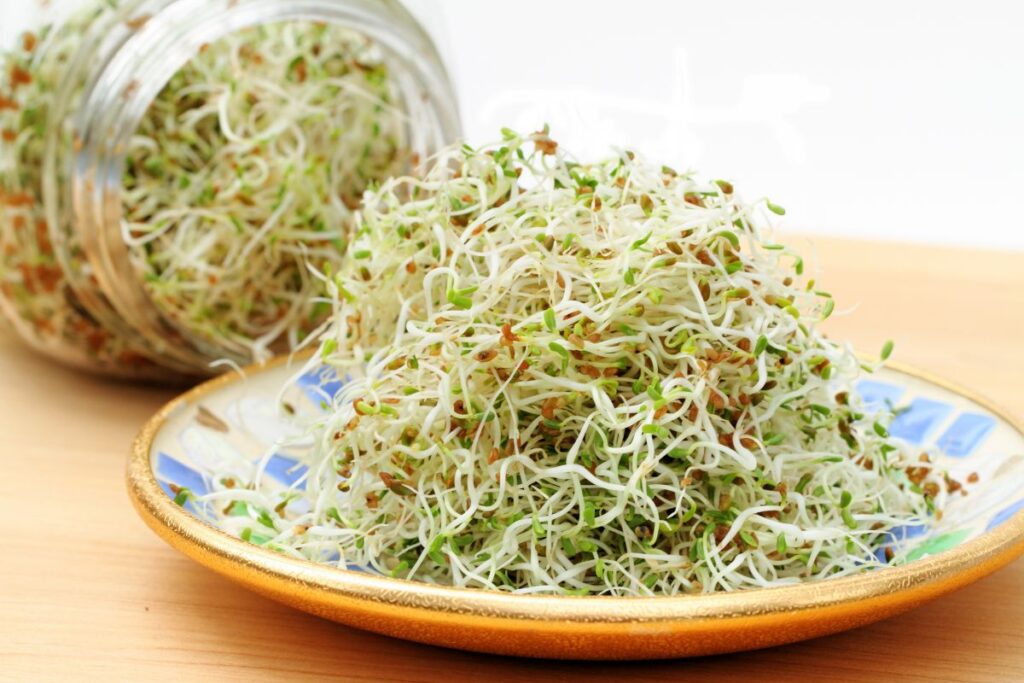
Give your parakeet fresh foods as treat options as much as possible. Sprouts are an excellent source of nutrition for these little guys, and they love them! You can find fresh sprouts at your local stores, or you can even sprout your own.
Further more, sprouts are also great for your bird’s health because they contain lots of antioxidants. For example, sprouted lentils have around twice the amount of protein than regular lentils. In addition, sprouting increases the digestibility of grains, making them easier to break down and absorb by the body.
10. Flavored Treat Sticks
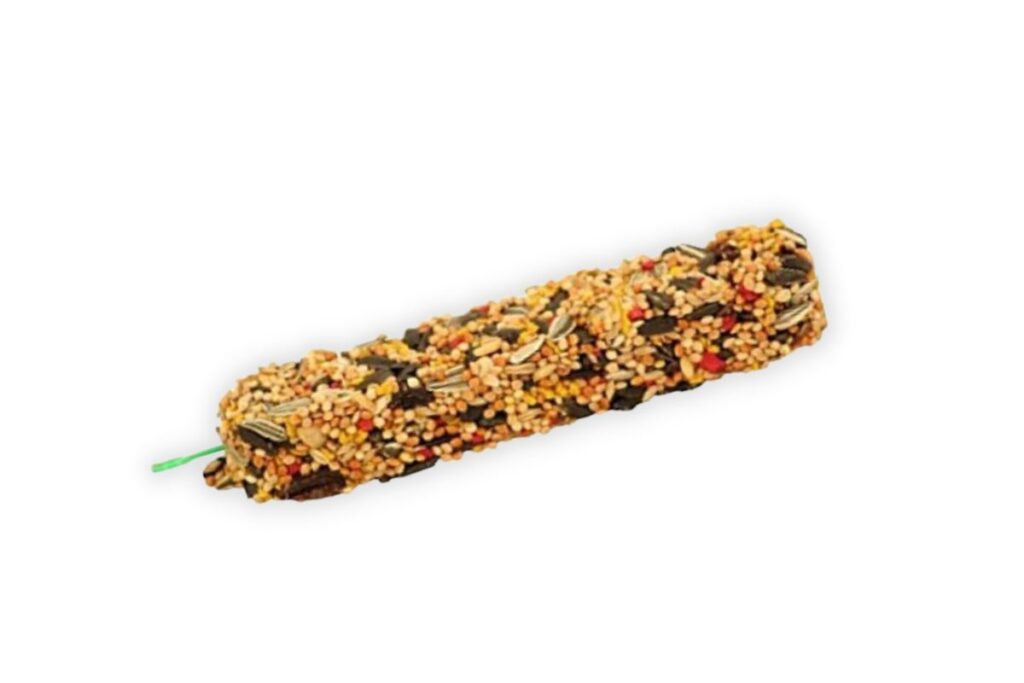
Treat sticks are another favorite that you can easily find at the pet store. There are many different flavors to choose from, so you can experiment to see which ones your parakeet likes the best. Some popular flavors include: sunflower, peanut, corn, and millet. You can also find seed sticks that are specifically made for parakeets. These usually have a mix of different seeds and may also contain other ingredients like dried fruit or vegetables.
Here are some popular flavors that are well-liked by pet budgies:
- Vitakraft Crunch Sticks (Golden Honey)
- Vitakraft Crunch Sticks (Sesame & Banada)
- Vitakraft Crunch Sticks (Orange & Apricot)
- Kaytee Treat Stick (Spinach & Kale)
- Kaytee Treat Stick (Blueberry)
What Treats are Bad for My Parakeet
1. Onion
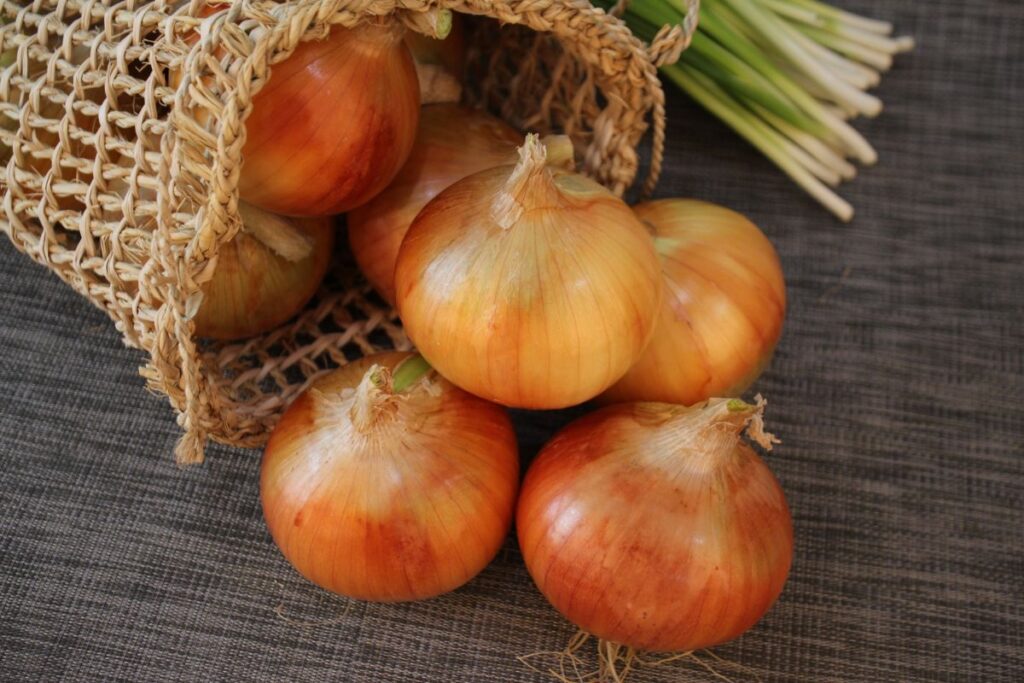
Onions are toxic to birds, especially if they eat it raw. This is because onions contain sulfur compounds called thiosulfinates that cause irritation to the digestive system. If your parakeet eats onion, it will probably experience diarrhea, vomiting, and possibly death if the quantity is large enough.
2. Garlic
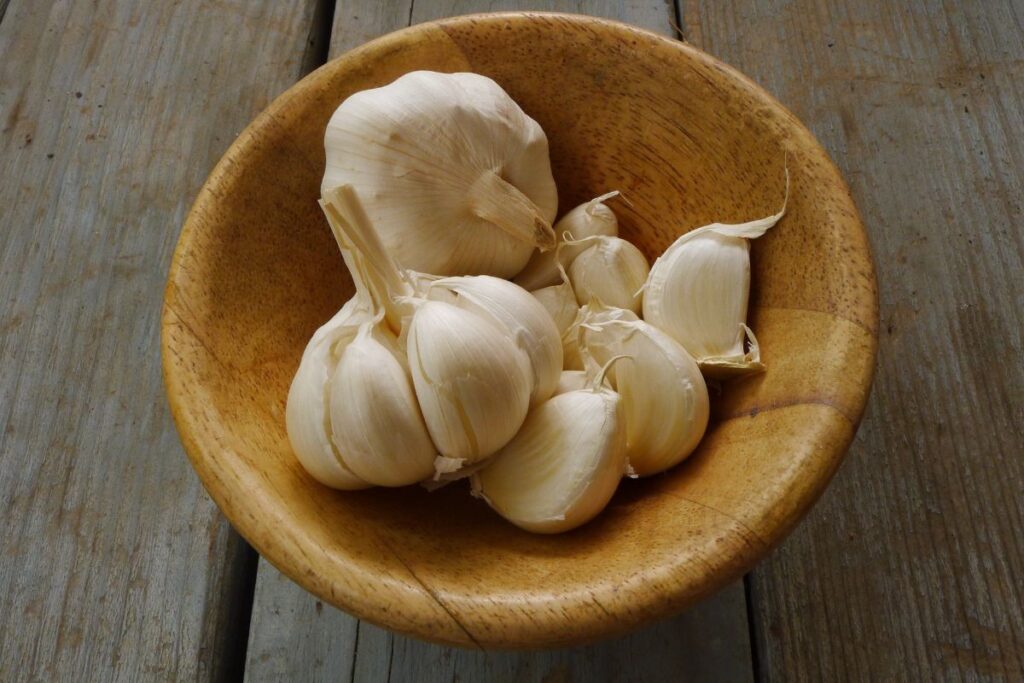
Garlic is sometimes fed to birds in small quantities for its antibiotic properties. However, garlic is also toxic to birds, due to the chemical allicin, the same thiosulfinates you find in onions.
Excessive consumption of garlic may lead to toxicity in birds and should be avoided as treats. Allicin can also cause inflammation in your bird’s stomach lining, which leads to ulcers and bleeding.
3. Chocolate
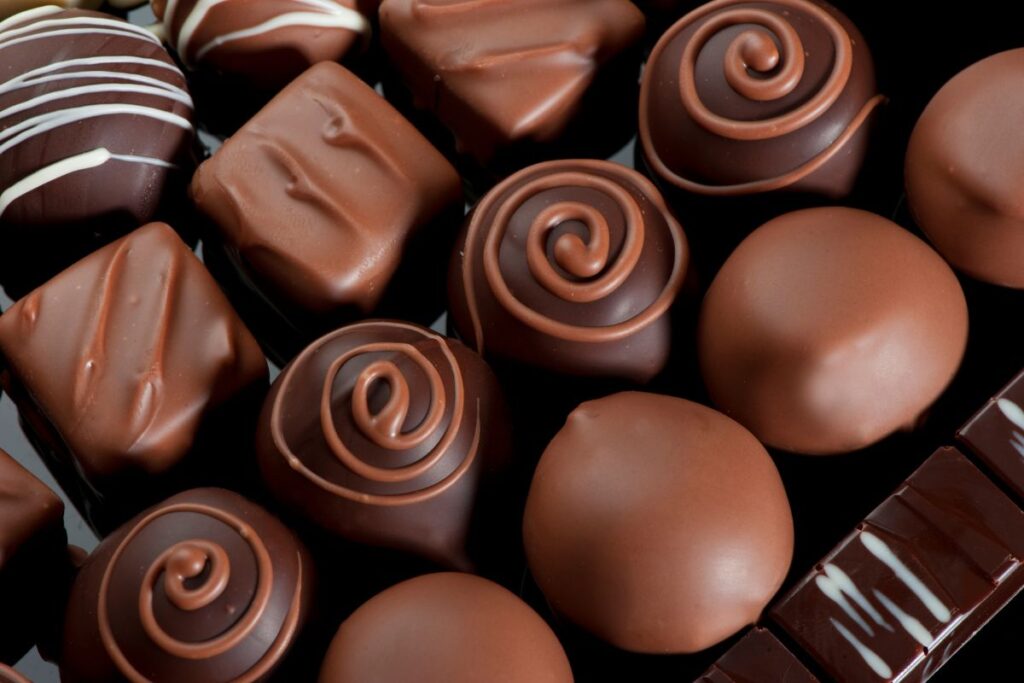
Chocolate is safe for human consumption, and is a treat that everyone loves. However, chocolate is definitely not safe for birds.
Chocolate contains caffeine and theobromine, both of which are stimulants that can make your bird feel anxious. This can result in aggression and even seizures.
Make sure to keep your parakeet away from any chocolate products when giving it treats.
4. Avocado
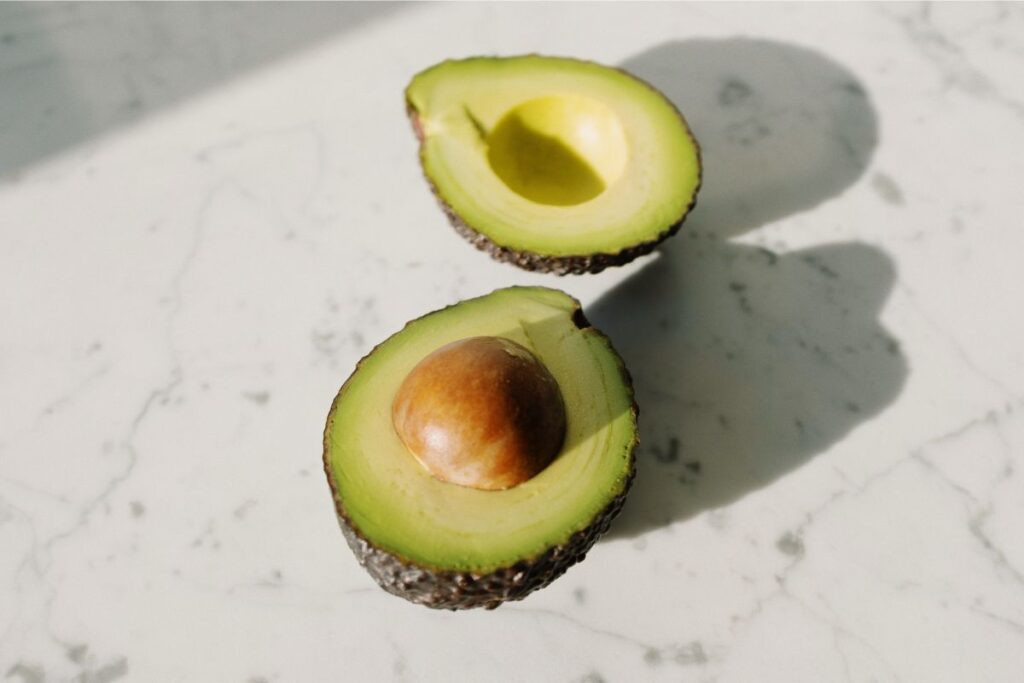
Avocados are rich in fats, but they are also very high in potassium, vitamin B6, magnesium, and folate. They are also a good source of monounsaturated fatty acids, which help lower bad cholesterol levels. However, this superfood should not be shared with your feathered friends by all means!
Avocados are toxic to birds. The reason why? Because they contain a compound called persin, which causes heart and liver failure. A small quantity of avocado of a mere 3.5 grams is enough to be fatal. Even in very small quantities, it could cause gastrointestinal distress. The symptoms of avocados poisoning include drooling, regurgitation, diarrhea, and dehydration.
5. Fruit Pits
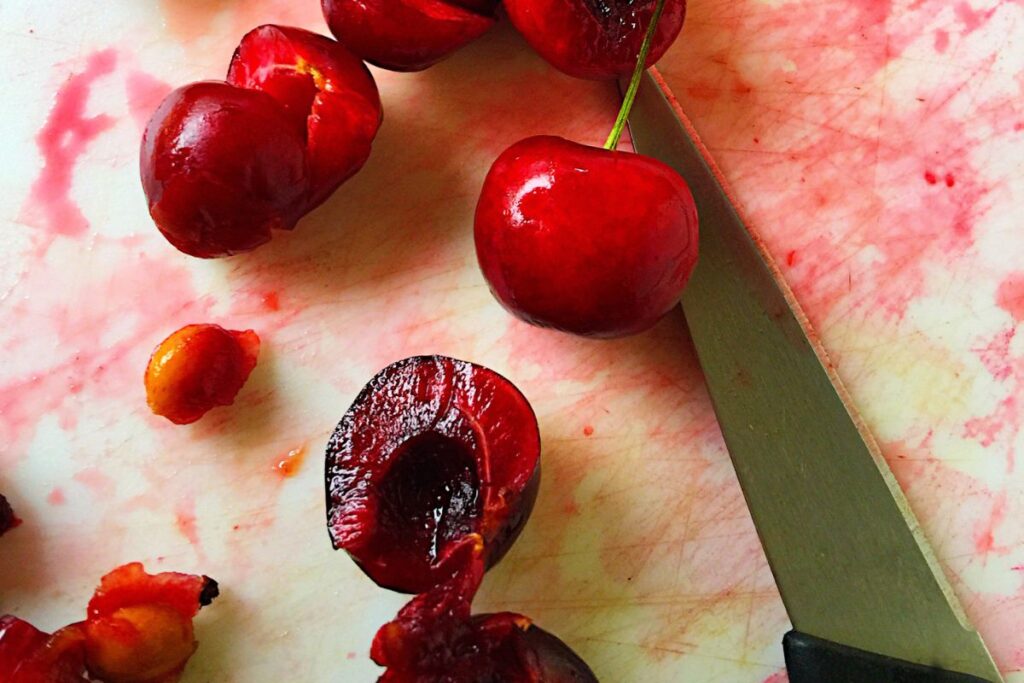
The pits of the following common fruits are not safe for birds:
- Apple (seeds)
- Cherries
- Apricots
- Peaches
- Pears
- Plums
- Nectarines
While the fruit itself is safe for bird’s consumption, their pits contain varying levels of cyanide, which is poisonous to them.
If your parakeet eats these types of fruit, it might suffer from nausea, vomiting, diarrhea, and possibly death.
Final Words
The above list contains 10 of our top special treats for parakeets. While there are plenty of other treats on the market, we wanted to focus on the most popular ones that won’t go wrong.
Remember that these are treats and should never replace proper nutrition. Always make sure that your parakeet has access to a balanced diet containing all of its daily nutritional needs.
We hope this article has been helpful for you in finding the right treats for your parakeet.



